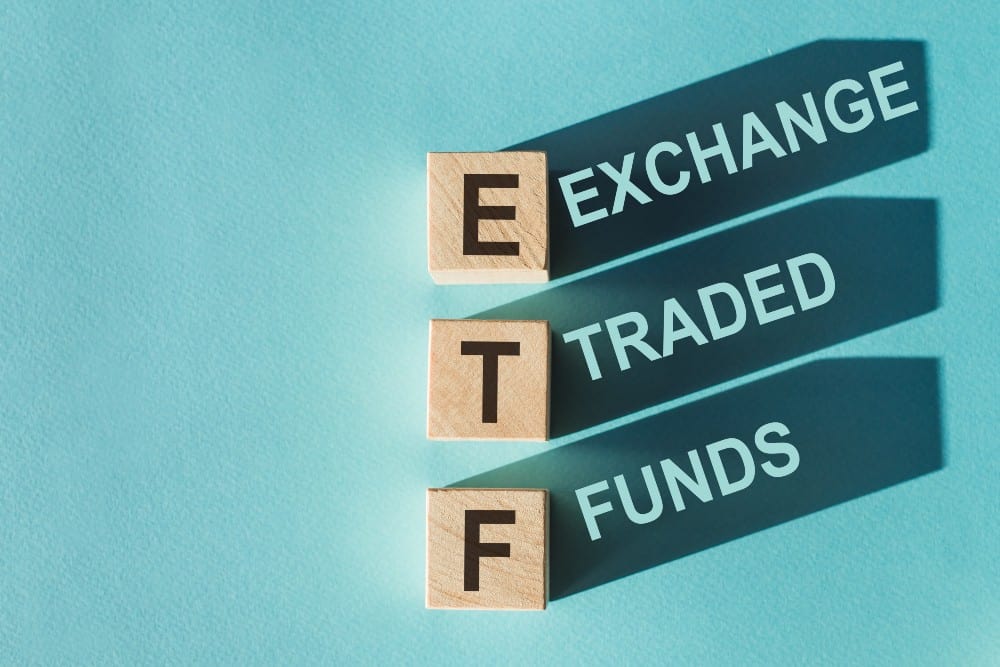It’s an article of faith among financial advisers that ETFs are safer than stocks. If you’ve been investing for a good while, you’ve probably heard the justification for this opinion by now. ETFs are diversified, so they reduce your risk while still offering a good expected return. Therefore, unless you possess hard-to-access information, you will likely do better with ETFs than with individual stocks.
If “ETF” means “index ETF,” then this is probably true. Index funds hold broad chunks of the market, which gives them ample diversification that reduces the risk. However, not all ETFs are index funds. Some are actively managed and, as you’re about to see, those can be very risky. That’s not to say that all actively managed funds are extremely risky, but many are. In this article I will explore the risks in active funds and the one thing you must do to protect against the risk in them.
Some ETFs are extremely risky
While diversification reduces risk, ETFs can still be very volatile. Some are riskier than the market as a whole. Take the Ark Innovation ETF (NYSE:ARKK), for example. In the last 12 months, it has fallen 51%. Its five-year beta coefficient is 1.6, which indicates greater-than-average risk. The ARKK fund is technically diversified, holding about 60 stocks. But because it is a thematic fund–100% invested in “innovator” stocks–all of its holdings are highly correlated with one another. It therefore does not deliver the “true” diversification you’d get with a broad market fund.
Have index funds at the core of your portfolio
Having looked at a key reason why ETFs can be risky, we can now explore what you can do about it. First things first, you should always speak with a financial adviser before investing in anything, because they can give you personalized advice suited to your own individual needs. Every investor is different, and an ETF that is great for one person may be unsuitable for another.
Having said that, a good strategy you could look into is having a heavy weighting in index funds like the iShares S&P/TSX 60 Index Fund (TSX:XIU) at the core of your portfolio, and having the riskier funds at a smaller weighting. This is referred to as a “core and satellite strategy.” Basically, what you do is you put 90% of your money in a collection of index funds like XIU, and the other 10% in riskier individual stocks or ETFs like ARKK. By doing this, you get the risk-reducing feature of index funds, while also still having a bit of your money in assets that have the potential for “moonshot” returns.
XIU is a great fund for such a strategy. With 60 stocks, high liquidity, and a mere 0.16% MER, it is a cheap, highly diversified portfolio. Of course, you wouldn’t choose just that one fund for your index portfolio. You would diversify into U.S. and international stocks as well. But as a Canadian, you may want to have significant exposure to Canada in your portfolio. If you do, then XIU would be a great fund to get it with.







